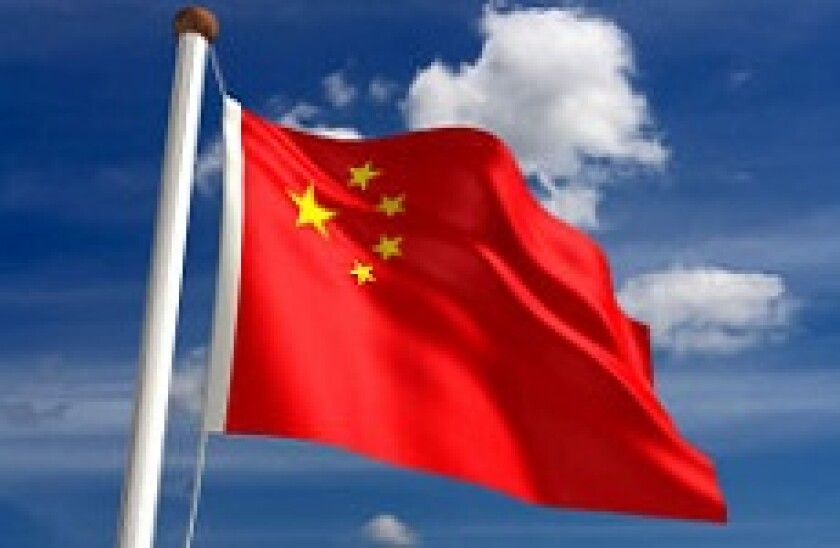China’s Communist Party (CCP) leaders will meet from Monday to Thursday for their fourth plenum, the most important meeting for the CCP this year. Plenums are what the CCP calls its meetings officially. The upcoming plenum is the fourth since the most recent Party Congress in 2017.
Party leaders will discuss issues regarding the modernisation of the socialist system and the Chinese model of governance. Additionally, they will also implement reform plans and improve governance, Reuters reported, citing a policy insider.
*
Chinese vice premier Liu He talked on the phone with US trade representative Robert Lighthizer and US treasury secretary Steven Mnuchin last Friday evening, according to an announcement from the Ministry of Commerce on Saturday.
Both sides confirmed that they have completed the negotiation on the wording of parts of the interim trade deal, which was agreed to verbally earlier in the month.
The two countries will have another phone call in the near future. In the meantime, deputy-level officials will keep in close contact, according to the statement.
*
The China Securities Regulatory Commission’s Qingdao branch granted a mutual fund sales license to Qingdao Yicai Wealth Management, a wholly-owned subsidiary of Italian banking group Intesa Sanpaolo. The wealth management firm has now become the first wholly foreign-owned company in China to have obtained such a licence since 2017.
The mutual fund has six months to roll out its sales services.
*
The Hong Kong Exchanges and Clearing signed a memorandum of understanding with the Shaanxi Province government last Friday, according to a news release.
The two sides will strengthen mutual communication and capital market co-operation as well as encourage more Shaanxi-based enterprises to list in Hong Kong.
*
Profits at China’s industrial firms fell by 5.3% year-on-year in September to Rmb575.6bn ($81.5bn), according to data released by the National Bureau of Statistics on Sunday. The decline was larger than in August, which was 2% year-on-year.
The drop was mainly due to the decline in ex-factory price of industrial products and a slowdown in sales, Zhu Hong, a senior statistician with the NBS, said in a separate statement.
*
The People’s Bank of China and the European Central Bank signed a bilateral local currency swap agreement on Friday.
The agreement allows for the exchange of local currencies between the two central banks of up to Rmb350bn or €45bn. It is for an initial period of three years and can be renewed by either party.
*
Chinese local governments issued bonds worth Rmb219.6bn in September, the Ministry of Finance said last Thursday. Among them, new issuance of general-purpose bonds totalled Rmb56.6bn and special-purpose local government bonds Rmb163bn. Bonds issued to refinance existing notes stood at Rmb78bn.
By the end of September, local governments issued a total of Rmb4.18tr in bonds this year. Outstanding local government bonds reached Rmb2.14tr, still within the Rmb2.41tr ceiling put in place by the government.
*
A delegation of European Union diplomats, led by Federica Mogherini, vice president of the European Commission, met with Chinese premier Li Keqiang and other officials last Thursday, according to state-owned media Xinhua News.
The two sides discussed the EU-China Comprehensive Agreement on Investment. The agreement first came about back in 2012 when the two parties agreed to work towards a trade agreement to provide greater market access for EU companies in China. The plan was to ink and sign the deal by the end of 2020.
William Fingleton, the delegation’s spokesman, said that while there is “political ambition” on both sides to reach a deal soon, the EU is “not interested in a rushed agreement but in a good agreement”.

